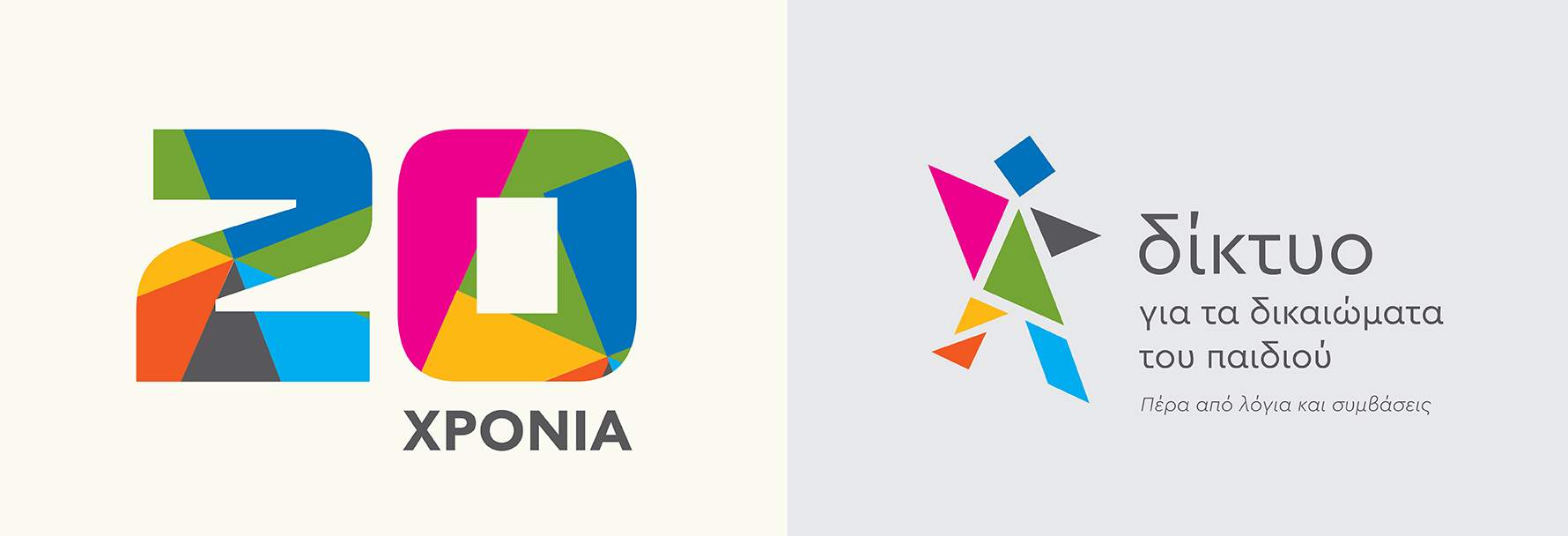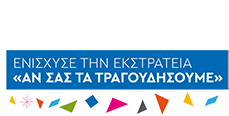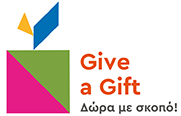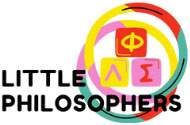Citizens of the 21st century must be able to summarize the essential elements from a variety of sources, to extract new ideas in order to become leaders and be able to make the best decisions as fast as possible. This can be achieved through philosophical inquiry-based learning.
Schools should equip their students with advanced education including the development of high-level skills, essentially required for solving unparalleled and complex problems.
This project aims at developing philosophical knowledge (to meet the lower steps of taxonomy) focusing on four fields including:
- Metaphysics knowledge (reality) e.g who they are, what are numbers, what is world.
- Epistemology (knowledge), e.g How do we know the things we know? Are our feelings reliable?
- Aesthetics (art and beauty) e.g. “What is a work of art?”, “What makes a work of art successful?”, “Why do we find certain things beautiful?”
- Ethics (values) e.g. How can we find happiness? Is it okay to be selfish?
The other objective of this project is to help youngsters (10-14 years old) to develop philosophical inquiry in order to reach creative, critical and caring thinking, through interrelated results and based on a revised knowledge taxonomy (originally developed by Benjamin Bloom)
The Little Philosophers project is funded by the Erasmus+ Programme of the European Union.



